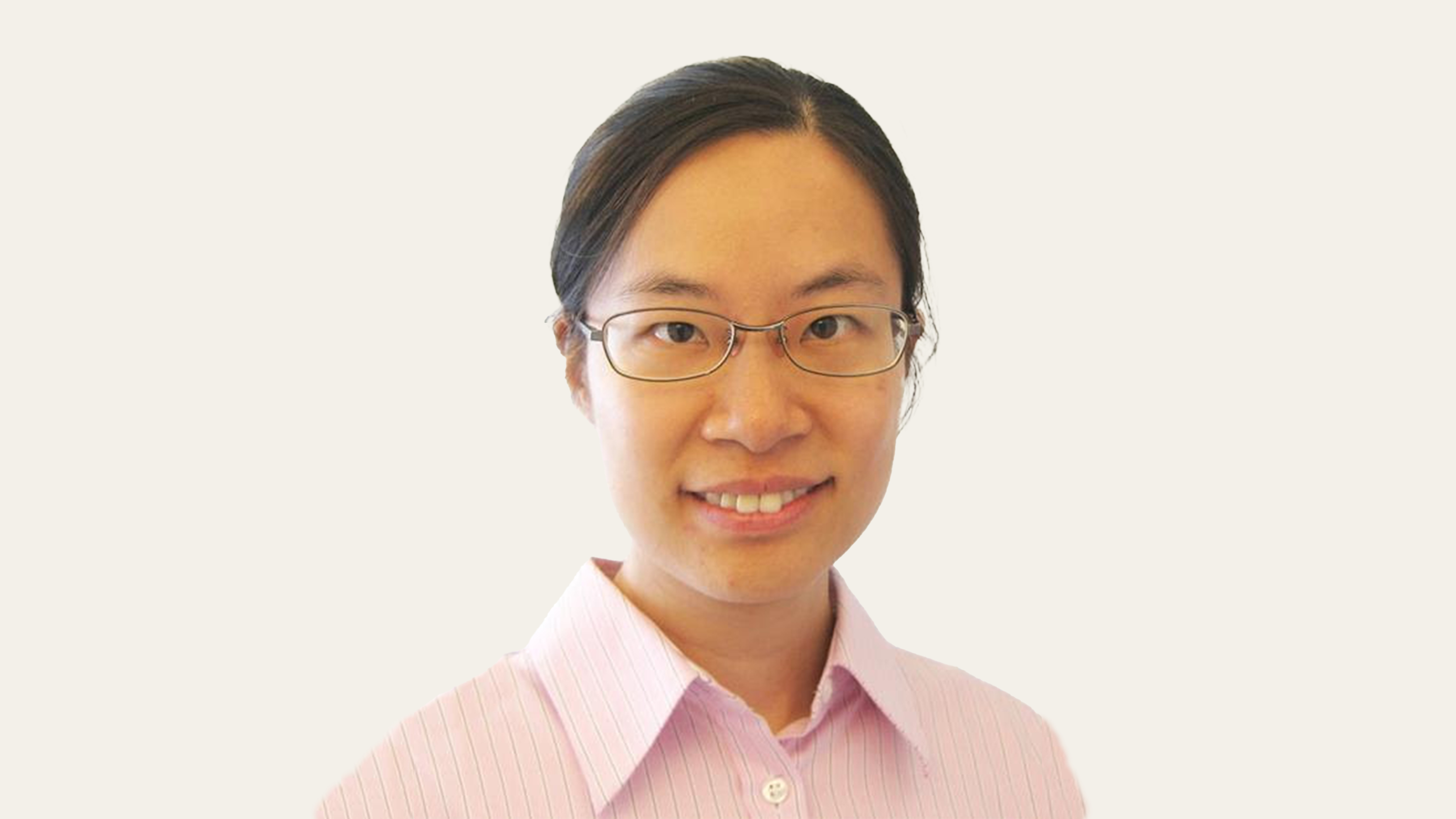Ada Leung
Occupational therapy researcher’s goal is to help people with cognitive deficits, particularly those with neurological conditions
The long-term goal of Ada Leung’s research is to understand the neural mechanisms underlying cognitive recovery and investigate treatment strategies for improving memory, attention and executive function.

Ada Leung is an associate professor of occupational therapy in the Faculty of Rehabilitation Medicine at the University of Alberta, and a professionally licensed occupational therapist. She earned her PhD in rehabilitation science at the Hong Kong Polytechnic University and did a postdoctoral fellowship in cognitive neuroscience at the University of Toronto. She is interested in the scientific basis of cognitive rehabilitation.
- How did you get into this area of research?
- I had this idea when I did my doctoral studies between 2002 and 2006. My work at that time was mainly on mental fatigue, working with electroencephalography (EEG). I was an OT by training, so that was the first time I was exposed to that kind of neuroimaging technique — looking at the brain’s responses to different activities — and I became very interested in it.
- I was looking at different work schedules and contents, and the effects they had on mental fatigue. When a person was getting fatigued during the work day doing a monotonous task, I used EEG along with behavioural measures on fatigue, to look at the brain's response to different rest-period scheduling.
- After that, I did three years of postdoctoral work at the University of Toronto on functional neuroimaging, working memory and auditory processing. My supervisor was a psychologist and was very knowledgeable in the field of neuroscience, so I learned more about psychological experimentation and how to develop protocols for experiments to study memory and attention.
- What brought you to the U of A from the U of T?
- Near the end of my postdoctoral work, I was looking for a tenured position related to my work, and thought I might like to know what other universities in Canada were doing. I was interested in OT and my research, but at that time there were not so many OTs doing neuroimaging, specifically looking into neural processing in the brain system.
- So you decided to take your postdoc work, and the OT work you’ve done before, and combine them?
- I think there’s a lot of potential to amalgamate the two. We have a lot of activity analysis on the physical aspect, but how about the neural aspect, the cognitive aspect? That's why I think that neuroimaging might help us understand more about cognition — when and how the brain processes information and responds to interventions OTs provide to their clients. This is a wonderful tool for us to understand the fundamental neural mechanism of different rehabilitative treatments.
- What do you find most rewarding about the work you do?
- Patients are really interested in looking at how their brain actually works, especially after an injury or a stroke. One of our studies involved scanning a client’s brain before and after providing them with training. And they were very happy about that. Afterward we reviewed the findings with the client. We showed them, “This is the brain’s activities before the training. You have a little activation in these areas. Then, after training, it has some increased activity.” I usually give this kind of feedback on review sessions with the clients, and they are very interested in it.
- Is there any aspect of your work that you find deeply frustrating?
- Yes, definitely. As a researcher, you have frustration with a lot of things — limited funding, limited time, limited resources. You have to really look at your budget and how to organize your work and your study.
- The other thing is that I know a lot of OT students are interested in these areas of work, and they want to know more. But within the academic curriculum, time and resources are really tight. We usually end up doing a little project interpreting neuroimages that have already been taken and statistically processed, but then it gets lost in the training unless they engage in a doctoral study or participate deeply in this kind of research alongside their clinical practice.
- If you could try any other profession besides your own, what do you think you would want to be?
- I would get into philosophy. Philosophy to me is very interesting because I think people find philosophy very mysterious. I see philosophy as an essential “tool” that guides our thinking and behaviour and importantly, guides scientific investigation — it is the direction of science. As a researcher, we generate scientific findings, and what we do every day is digest the literature, sort out things, develop hypotheses and test them.
- Philosophy is about inductive reasoning, looking for commonalities among complicated loose pieces and forming knowledge through a reflective, hierarchical thinking process, ultimately informing the right direction of scientific investigation. So, if I were to do it again, or maybe in the future, I would want to be a philosopher, advancing our understanding of the mind and cognition.